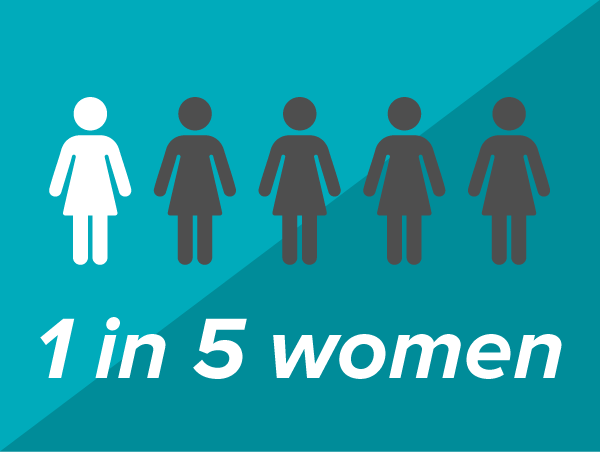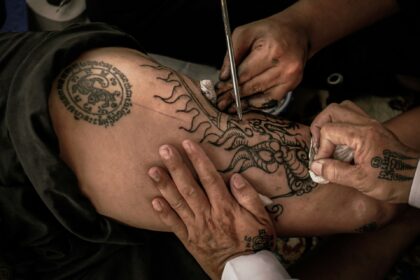For many who have survived sexual assault, the impact of the experience can be profound, affecting both the body and the mind for years to come. However, there’s a way forward—tattoos can offer a unique form of healing and self-care. In this blog post, we explore how tattoos can empower survivors, helping them regain a sense of identity after trauma.
Sexual assault can leave deep, lasting scars that go beyond the physical, affecting one’s emotional well-being. Healing from such an experience often requires time, patience, and creative outlets that allow survivors to process and express their trauma.
In the quiet aftermath of sexual assault, survivors often embark on a challenging journey toward healing and reclaiming their sense of autonomy.
The idea of using tattoos as a form of self-care for survivors of sexual assault
The concept of using tattoos as a form of self-care for sexual assault survivors is powerful. Getting a tattoo can be a profoundly cathartic experience, offering a way for survivors to reclaim ownership of their bodies and tell their stories in a permanent, visual form. Tattoos, open to interpretation, can symbolize strength, resilience, or triumph. There are countless ways survivors can use tattoos to reflect their healing journeys and experiences with self-care. This art form offers an opportunity for survivors to express themselves in a powerful and confident manner, marking the beginning of a new chapter in their lives and empowering them to continuously choose their own paths forward.
Tattoos, in this context, serve not just as expressions of resilience and strength but as deeply personal markers of a survivor’s journey toward healing. By transforming areas associated with trauma into symbols of survival and empowerment, tattoos can play a pivotal role in helping survivors overcome the emotional scars left by sexual assault. This unique form of self-expression allows individuals to visually narrate their stories on their own terms, fostering a sense of autonomy and renewal. It’s a powerful testament to the courage of survivors, illustrating how the art of tattooing can be a meaningful part of the healing process, turning pain into beauty and reclaiming control over one’s body and narrative.
Statistics about sexual assault and its prevalence in society
Sexual assault is an incredibly prevalent issue in our society, and one which needs to be addressed as soon as possible. While sexual violence may not be visible on the surface, the statistics reveal just how widespread it truly is.
Recent statistics underscore the alarming prevalence of sexual violence, revealing that approximately 1 in 5 women and 1 in 71 men in the United States have experienced rape or attempted rape at some point in their lives.

Furthermore, research shows that many assaults occur before victims reach the age of 25, with long-lasting psychological, emotional, and social effects. To raise awareness, some survivors choose to get tattoos that symbolize sexual assault awareness. These tattoos serve as a personal reminder and a public statement, highlighting the importance of addressing this issue and advocating for change. With increased visibility, we hope to contribute to the broader effort of ending sexual assault altogether.
How tattoos can be used as a form of healing for survivors
For sexual abuse survivors, tattoos can provide a way to reclaim their bodies and take control of their lives. While there is no single symbol for sexual abuse survivors, some choose special tattoos that reflect a powerful message about conquering trauma, cause of that you should know how to handle when your teenager comes to you asking for a tattoo. These symbols can be anything from words or phrases such as “survivor” or “resilience,” to photographs or images like the sexual abuse survivor symbol, an interlocking infinity knot which stands for the never-ending cycle of healing and hope for sexual abuse survivors. Tattoos are not only aesthetically pleasing, but also spiritually and emotionally rewarding for those who choose this form of self-expression after their own individual journeys through the healing process.
Tips for choosing the right tattoo artist and design
When searching for the ideal tattoo artist and design, there are several tips that can make the process smoother. First and foremost, conduct thorough research: explore artists’ galleries and portfolios to understand their style. Additionally, read online reviews to gauge customer satisfaction. It’s crucial to choose a reputable studio where you feel safe and comfortable, which is particularly important for sexual abuse survivors who might be looking for tattoos to commemorate their journey or milestones in their healing process. For survivors, finding a studio with compassionate staff and an artist who understands the significance of the request is vital. This ensures a respectful and supportive environment, free from judgment or unwelcome attention. The key takeaway: when it comes to tattoos—especially those with deep personal meaning—it’s worth taking your time to choose the right artist and design.
Reach out for help if they’ve been affected by sexual assault
If you or someone you know has been affected by sexual assault, reaching out for help is a vital step in healing and recovery. Numerous resources and support systems are available to provide assistance, guidance, and comfort to survivors. Organizations and helplines offer confidential advice, counseling, and support groups to help navigate the emotional complexities and legal aspects survivors may encounter. Remember, seeking help is a courageous step in reclaiming your power and autonomy. There are initiatives and services ready to support you through this challenging time and guide you toward healing and empowerment. No one should face this journey alone; support is available to help you find your path forward.
Conclusion
From the tragedy of sexual assault victims to the beauty of tattoos, this article has explored the various ways that survivors can use tattoos to commit their healing journey to something tangible and lasting. Tattoos have allowed thousands of survivors to reclaim their bodies and gain back a sense of control over their lives. Whether it’s an abstract design or meaningful phrase, choosing a tattoo serves as a physical reminder of strength and resilience in the face of adversity. If you or anyone you know has been affected by sexual assault, it may be helpful to reach out for support from local organizations or even talk with a therapist about further healing methods. Ultimately, no matter the approach taken, tattoos can be an incredibly powerful way for survivors to affirm their worth and express their unique voice through art.





